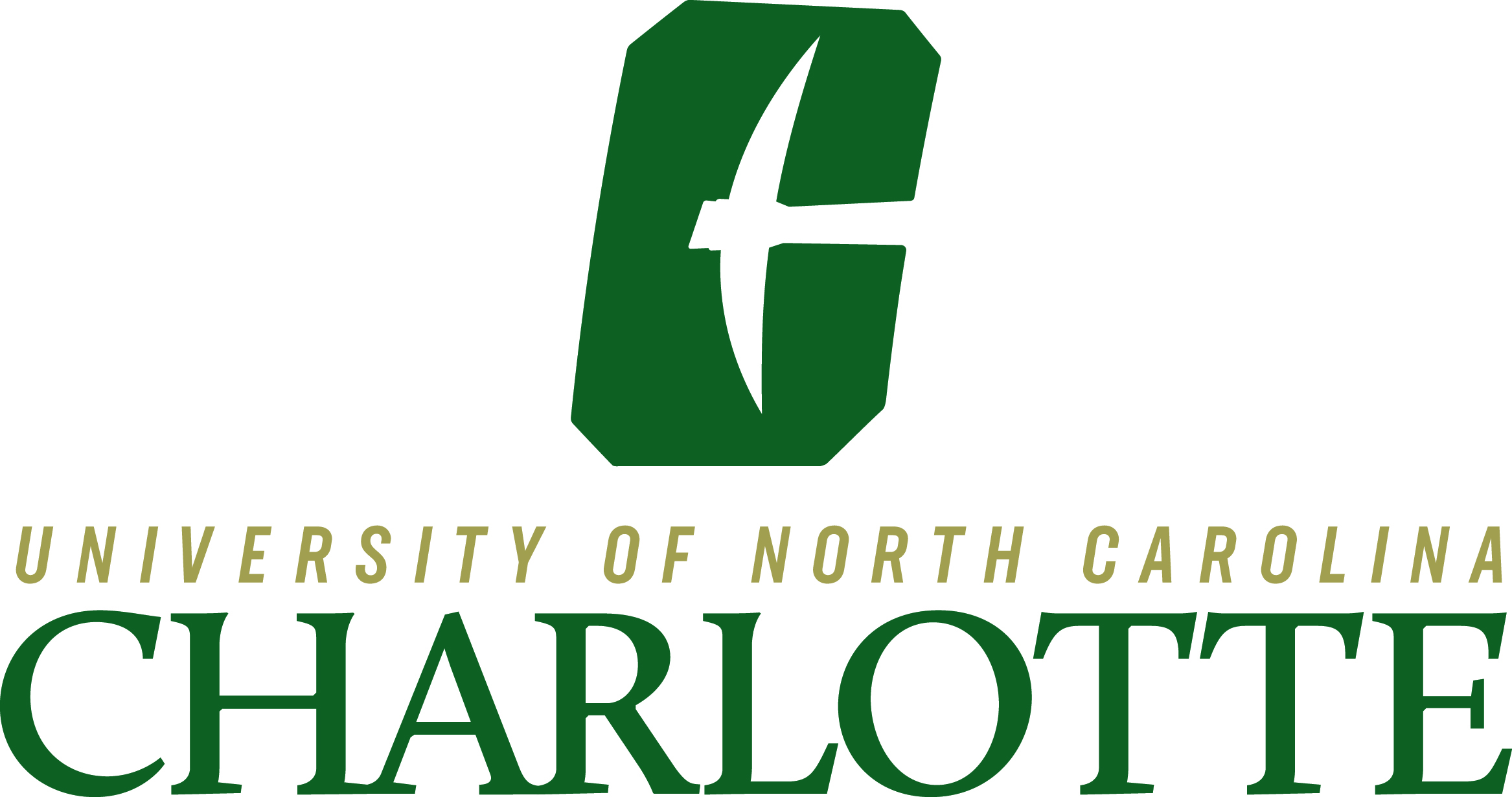Newswise — CHARLOTTE, N.C. - Feb. 8, 2017 - Does sustained, intensive college advising that taps the strength of people and technology help students graduate? That question is the focus of a national research project for which UNC Charlotte and two other higher education institutions have been selected to participate.
The Community College Research Center (CCRC) at Teachers College, Columbia University, and MDRC, an independent research organization, are conducting a study of technology-mediated advising at UNC Charlotte, Montgomery County Community College in Pennsylvania and at California State University, Fresno.
Melinda Mechur Karp, CCRC’s assistant director and principal investigator for this study, said, “Most studies of advising reform examine only a single piece of the student support puzzle, examine the impact of technology in the absence of other changes or are unable to disentangle the impact of advising from other completion-oriented reforms. This study will help us understand the impact of sustained, personalized and multifaceted support for students, delivered by a combination of technology and people, in a real-world reform environment.”
John Smail, associate provost for undergraduate studies and dean of University College, said UNC Charlotte’s selection resulted from advising changes implemented in fall 2015. The University was one of 24 colleges nationwide to receive a three-year, $225,000 Integrated Planning and Advising for Student Success (IPASS) grant funded by the Gates Foundation and the Helmsley Charitable Trust.
“The advising changes we’ve implemented with the IPASS grant have been to use a predictive analytics tool to flag students at potential risk, and then, we track them through the semester,” explained Smail. “Advisors are in contact with students every two weeks or so, initially with positive messages and suggesting success strategies. If students show signs of risk, then the messages progressively become more insistent.”
The CCRC/MDRC study will involve about 2,600 UNC Charlotte enrolled students, all freshmen and sophomores, from four colleges: Belk College of Business, Computing and Informatics, Liberal Arts & Sciences and University College. Some 20 academic advisors are engaged actively in implementing the trial study.
Before looking at student outcomes, the researchers have assisted the three colleges involved in the study to implement high-quality versions of IPASS advising reforms, which are based on CCRC research that suggests technological tools cannot transform advising without changes that allow advisors to interact with students in a deeper, more personalized way during the course of their college careers.
CCRC/MDRC researchers will use randomized controlled trials to compare students at each institution who have access to advising technologies alone with students who have access to the technologies coupled with intrusive, sustained and holistic advising and support. The researchers will look at the extent to which high-quality, technology-supported college advising helps students stay in school and make greater progress toward graduation. They also will refine tools to help colleges implement and measure the reforms.
“This is a great opportunity to partner with these institutions and provide rigorous, timely evidence about the effectiveness of their reforms,” said Alex Mayer, the lead researcher at MDRC.
